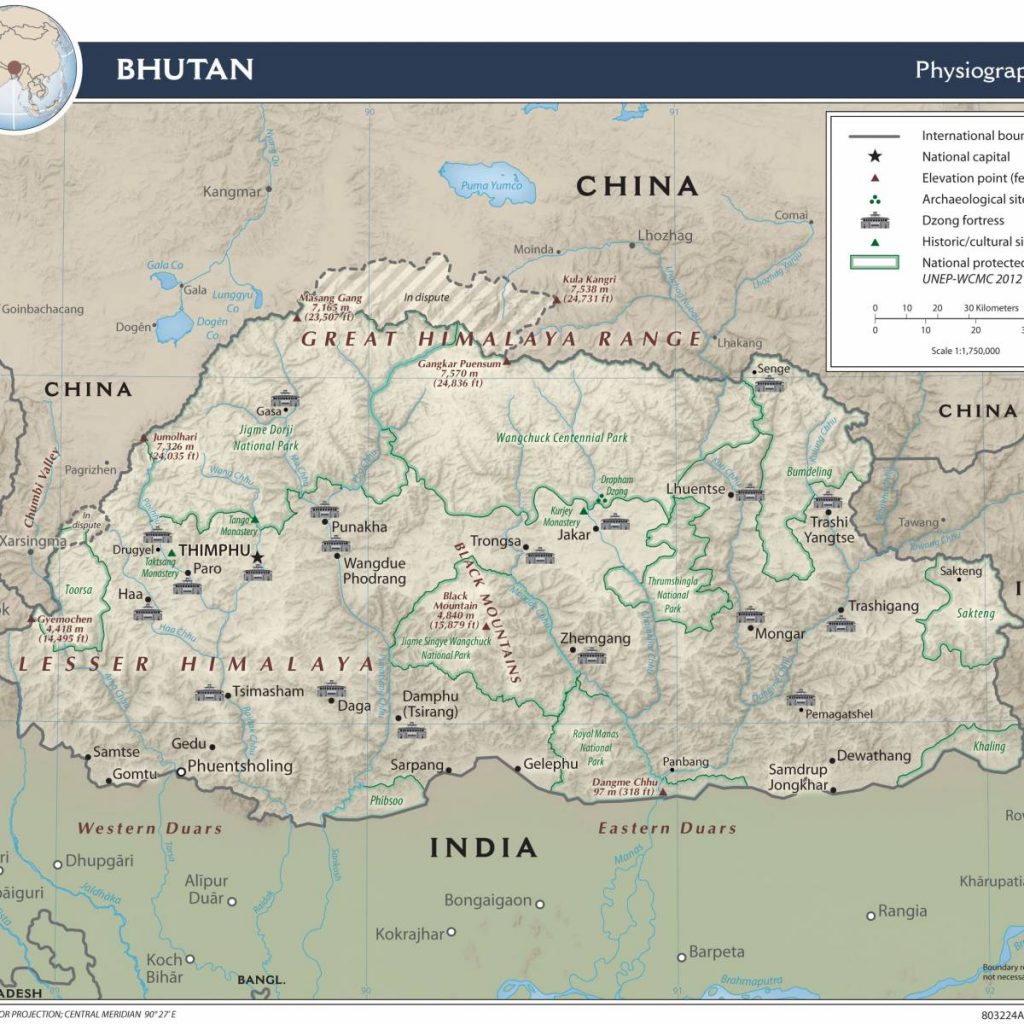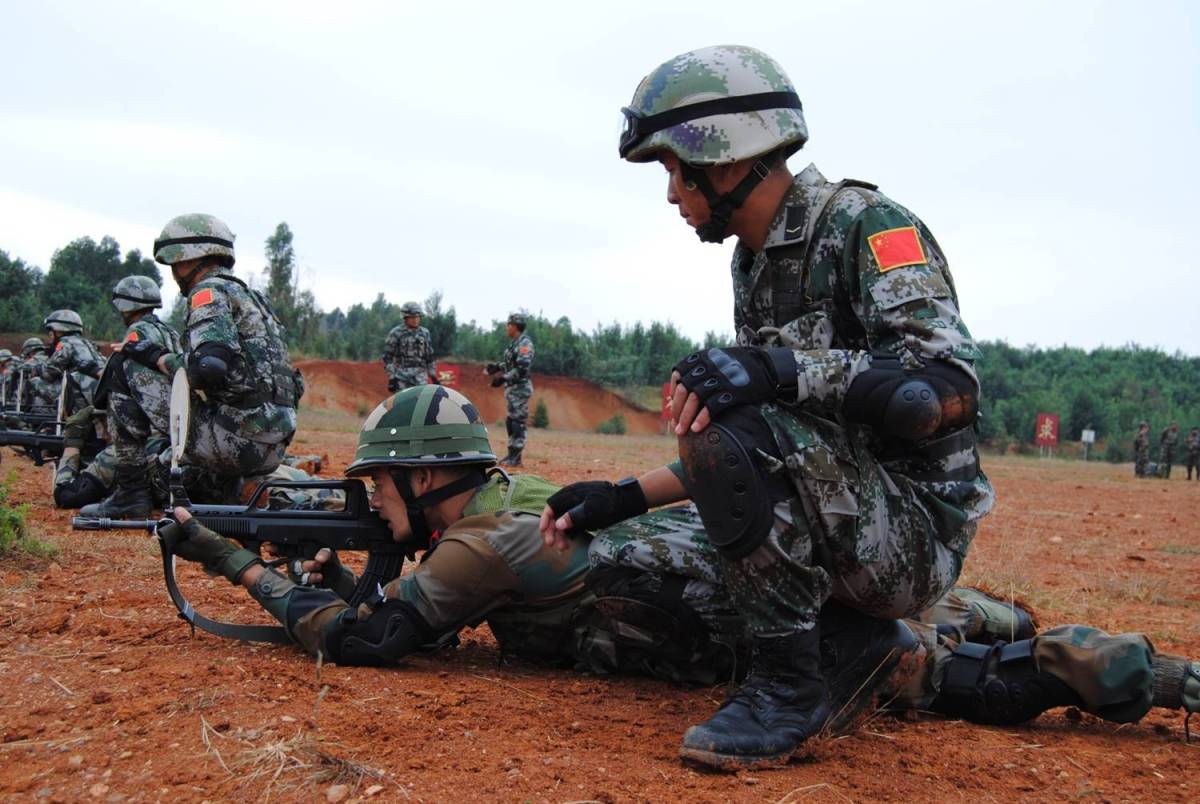The communist regime was developing a village near Doklam in Pangda, which is located on the West Bank of the Torsa River. The village is nearly 2.5 km inside the Bhutanese border….reports Asian Lite News
China has set up villages inside Bhutanese territory and experts said it is an indication that the country wants to do something similar in other neighbouring countries in the future, a media report said.
Bhutan and China share more than 400km long border. The two countries have signed an MoU with regard to expediting boundary negotiations. A three-step roadmap was finalised in April 2021 when the 10th Expert Group meeting was held in Kunming.
The roadmap is China’s way of getting Bhutan to accept the changed ground situation by the construction of its settlements within Bhutanese territory, which, in areas like Doklam, present a warning sign to New Delhi, according to the Policy Research Group.
A satellite image was recently in the news which many experts claimed has shown China’s establishment of at least four villages nearly three to four kilometres deep inside the disputed territory along the border with Bhutan, said POREG.

Villages that are occupied by China are located at a short distance from Doklam and are in an area of about 100 sq km. Several rows of houses and new roads are visible in the satellite picture in all four villages, which all are located in mountainous terrain. Two of these villages are fairly large, said POREG.
The communist regime was developing a village near Doklam in Pangda, which is located on the West Bank of the Torsa River. The village is nearly 2.5 km inside the Bhutanese border. Beijing makes claims that Pangda is located in its Tibet Autonomous Region’s Yadong county. Pangda as seen in recent satellite pictures and from China’s own official statements is one of the 628 moderately well-off villages, or what the Chinese term as Xiaokang. China is in plans to do the same with other neighbours in the region as it is doing with Bhutan, according to POREG.
China’s move to create disputes in its neighbourhood aims to ease insecurities arising out of increasing public dissent at home. Beijing in its domestic affairs is battling falling incomes, rising unemployment, and other socio-economic challenges, said POREG. (ANI)














